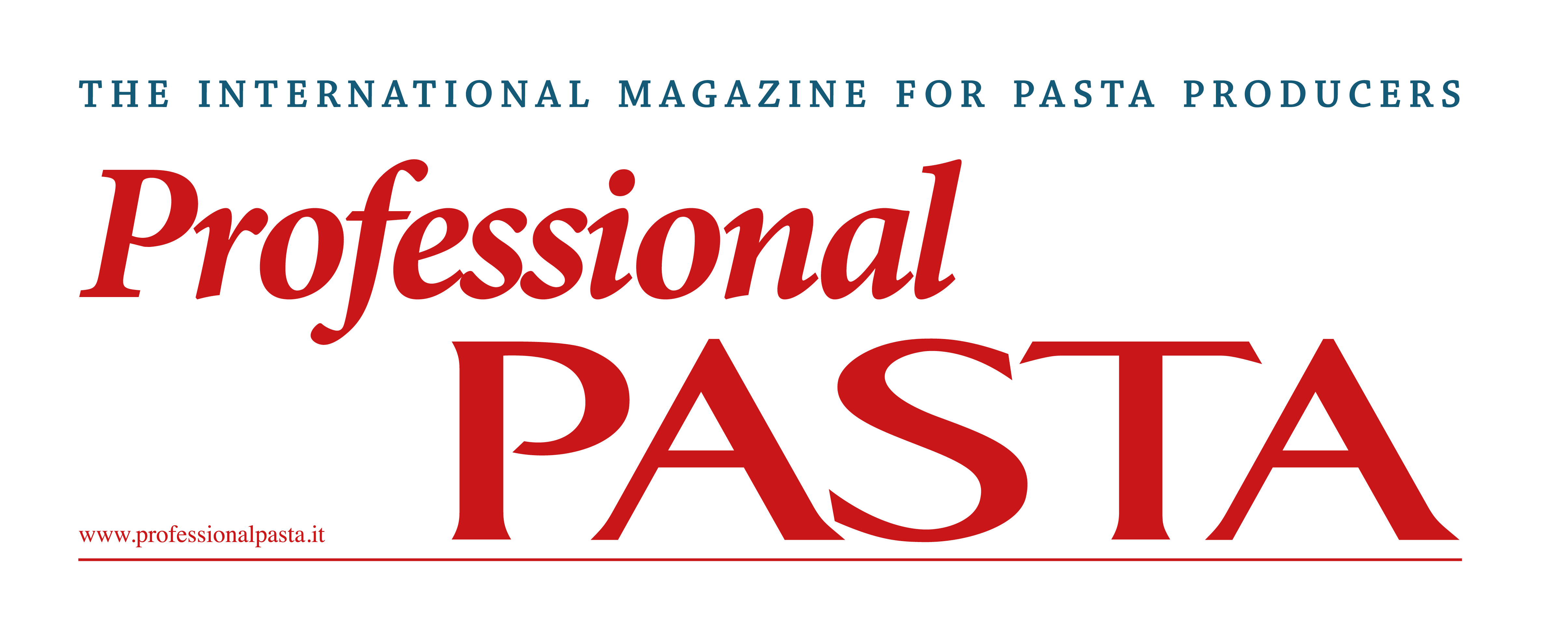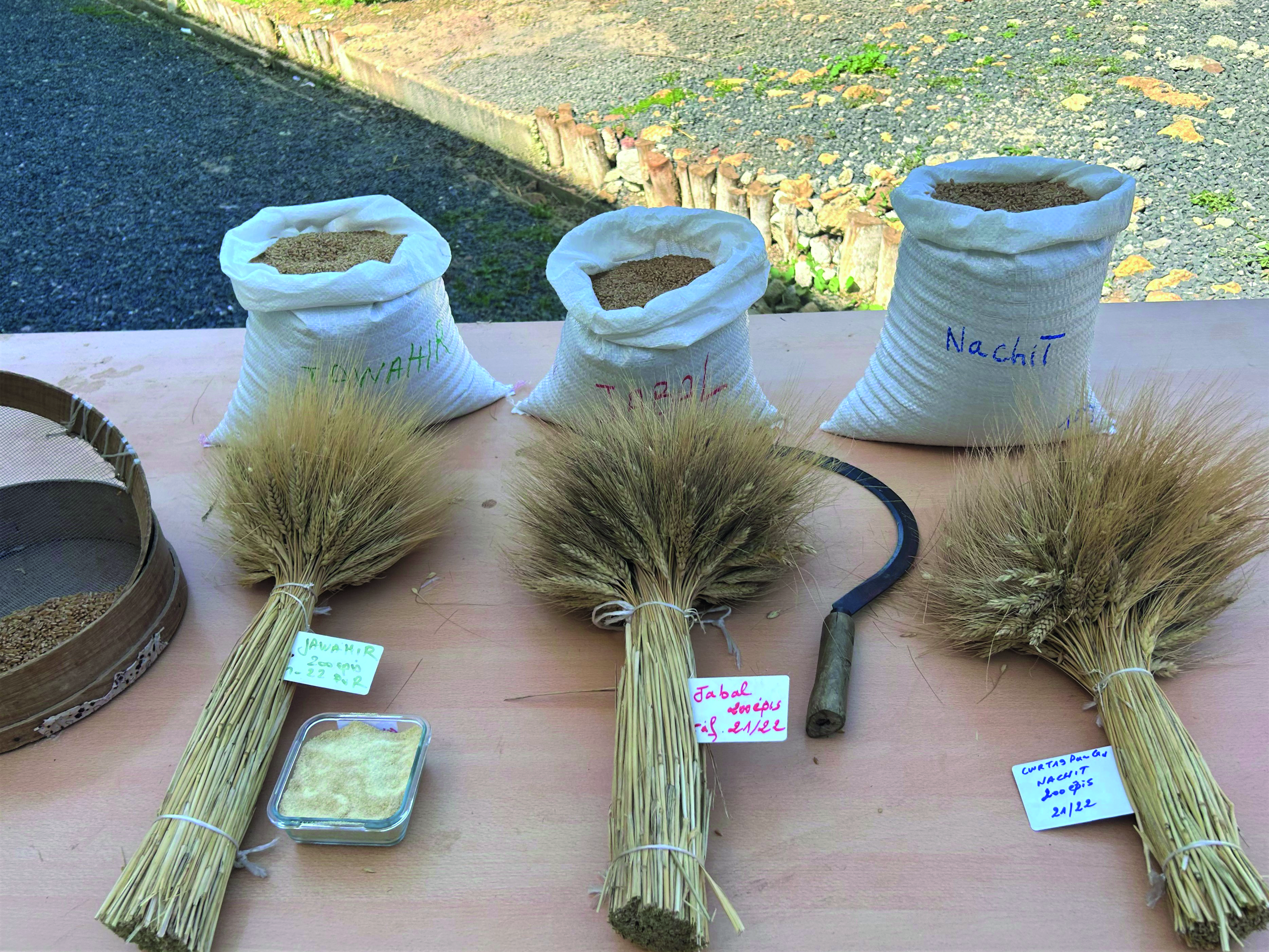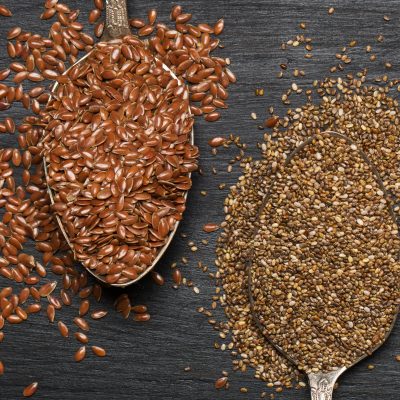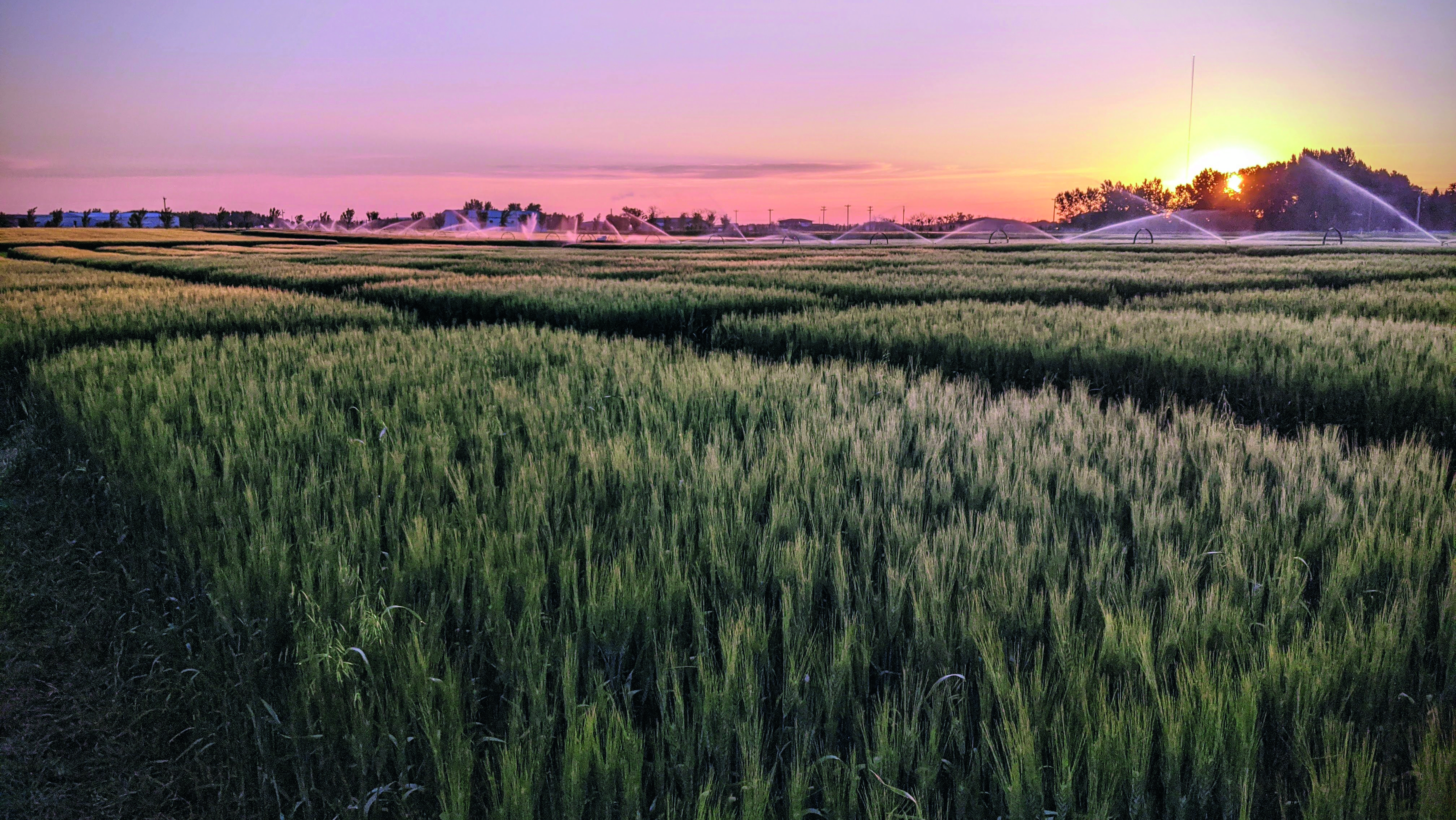The ICARDA durum wheat program to combat climate change
The international center for agricultural research in the dry areas (ICARDA; www.icarda.org) was funded in 1977 in Beirut, Lebanon under the umbrella of the CGIAR. ICARDA’s mandate was to support via scientific innovations the dryland farming systems with a primary focus in Africa and Asia. Due to the unique importance of durum wheat especially in North Africa, Ethiopia, and West Asia, a breeding program for this crop was immediately established since inception.
The history of ICARDA breeding
Until 2003, the durum breeder position at ICARDA was funded by IMMYT, with the specific task to select among and recombine the Mexican germplasm to better adapt to the dryland conditions. The initial breeding activities of ICARDA were then to test among F5 populations developed by CIMMYT. This effort resulted in the first release in 1984 in Algeria of “Waha,” a cultivar later released also in Syria as “Cham 1” and which still occupies large cultivated areas. Soon after, the first variety originated by the crossing and selection program of ICARDA in Syria was achieved in
1989 in Morocco under the name “Omrabi,” later released in more than 17 countries because of its drought tolerance. This unique variety was obtained by combining the CIMMYT elite line “Jori” and the Syrian landrace “Haurani,” and the success of this type of exotic cross marked the future of the ICARDA breeding program. In 2003 CIMMYT encountered some financial difficulties that
resulted in the need of ICARDA to fully cover all breeding activities. Since then, the two centers operate in partnership but conduct independent breeding efforts with different strategies and goals. The ICARDA program primarily focuses in developing varieties for the drier zones, capable of withstanding the major local pests and the common severe droughts and heat waves. To achieve this, it utilizes extensively its genetic richness conserved in the genebank, taking advantage of the rare landraces and wild relatives to integrate novel traits for adaptation. Furthermore, ICARDA relies heavily on its national partners to conduct jointly field testing across more than 30 locations and 20 countries each year, ensuring the specific adaptation of the germplasm combined with strong stability. Over its 45 years of service, the ICARDA program has resulted in the release of more than 150 varieties across 23 countries.
Subscribe to the magazine to read the full article








